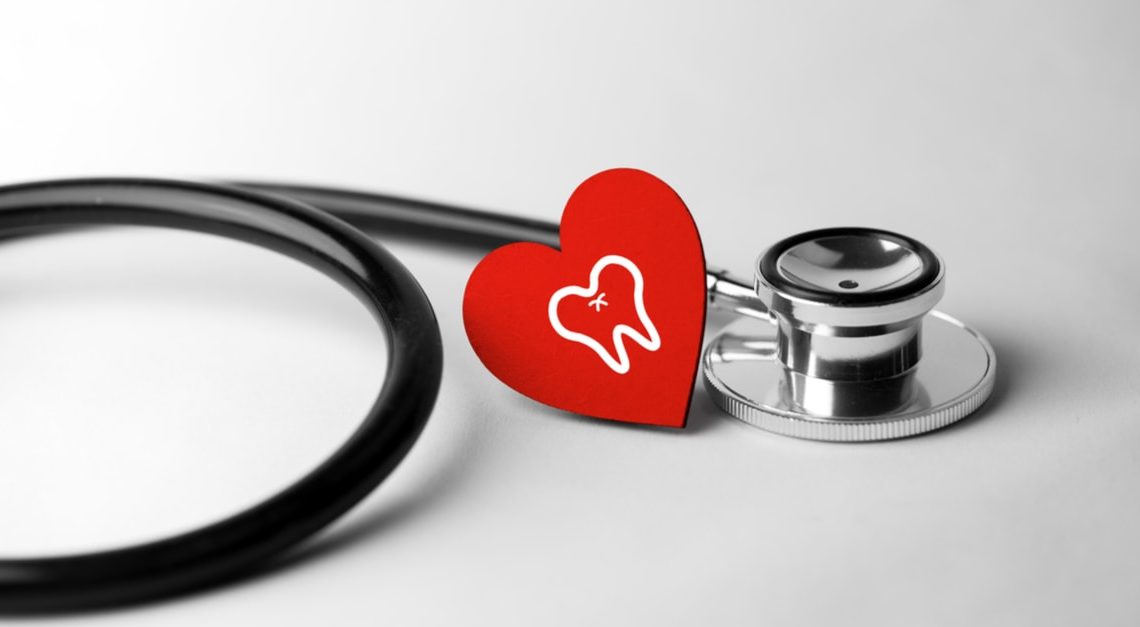Gum disease is an infection of the gums, the tissues that surround and support your teeth. It is painless, but leads to tooth loss as well as allows bacteria to spread, impacting your overall health and making your other health conditions worse.
How do I know I have gum disease?
Most common early warning signs of gum disease are:
- bleeding either when checked by a dentist or hygienist, or when flossing or brushing
- redness (even slight) or swollen gums
- recession or bone loss
- bad breath
- changes to your bite
What makes it worse?
Some factors can increase the risk of developing gum disease:
- poor oral hygiene
- smoking or tobacco chewing
- genetics
- diabetes
- pregnancy
- certain medications
- crowded or over-lapping teeth
- worn fillings
- decay
- open contacts between teeth – causing food impaction
Gum disease can affect your other medical conditions
Because gum disease allows the presence of growing amounts of bacteria, it can affect your overall health, especially if you already have other medical conditions.
Bacteria present in gum diseased pockets around your teeth can enter your blood stream, travel through your body, and impact your heart, and other organs, and has been shown to have a link to many diseases, like heart disease and diabetes.
It is important to see your dentist for regular check ups to assess if you have gum disease. If you do, it is important to know what stage of disease you are in, whether it’s localized or generalized, and what the cause is. Most disease can be treated if caught early, so make sure you see and follow your dentist recommendations on treatment and on-going maintenance to prevent it from getting worse.


